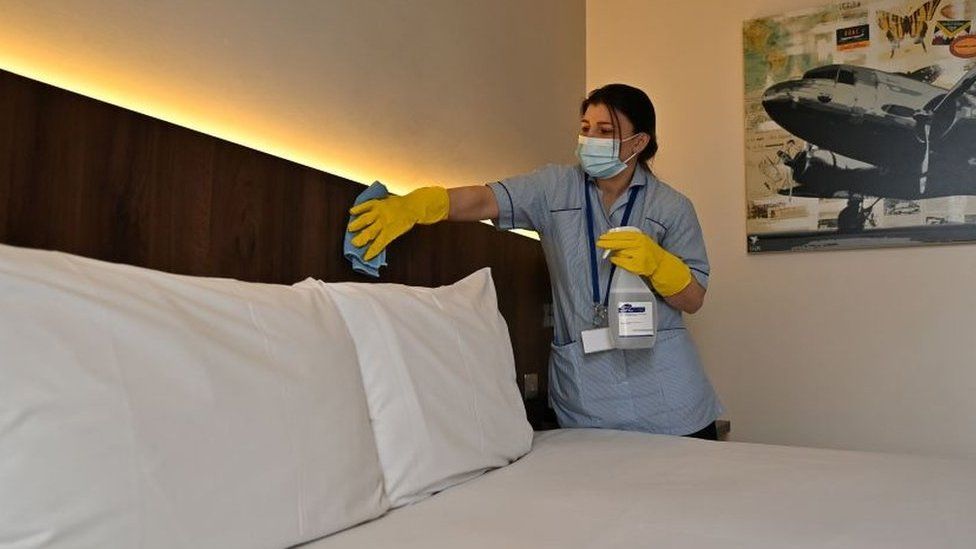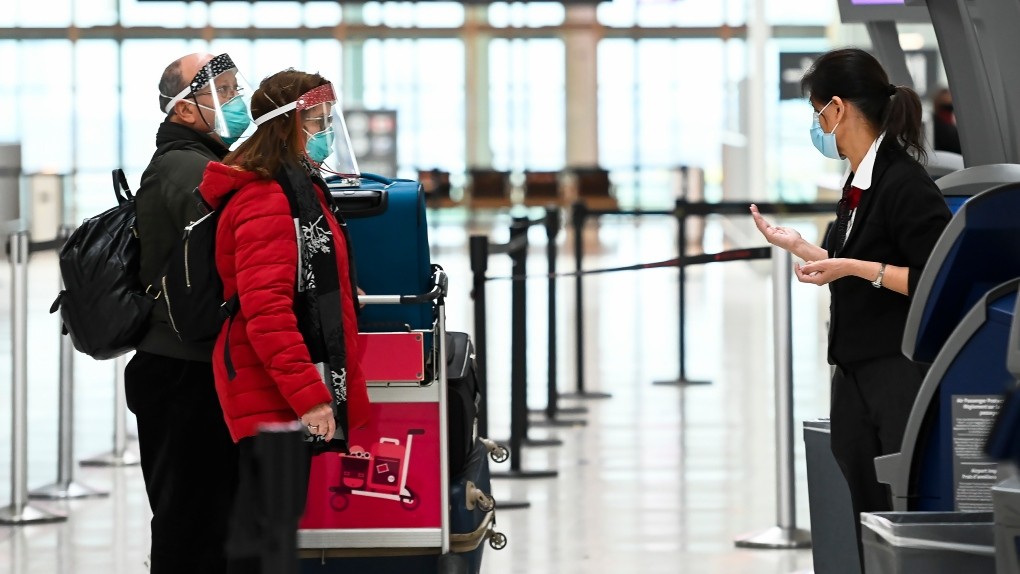Less than 24 hours after Egypt declared, in late November, that no cases of the new COVID-19 variant Omicron have been detected in Egypt, Canada announced that travellers arriving from Egypt and several other countries would not be permitted to enter Canada.
The decision was implemented immediately upon its announcement to the public, with no buffer time given to travellers who had already left the country.
On Sunday, 12 December, multiple Egyptian Members of Parliament voiced their disappointment on Canada’s decision to ban travel from Egypt and other African countries. Indeed, Canada is noted for having a large Egyptian community in Ottawa, Montreal, Toronto, and Vancouver.
Frustrated at the sudden decision, many Egyptians living in Canada angrily took to social media to voice their discontent. Others went on to describe the inhumane treatment that those coming from Egypt experienced as soon as they reached Canada, in addition to taking three time-consuming and expensive PCR tests for their journey outbound from Egypt: first, a PCR in Egypt, second, at a different country, and a third in Canada.
Upon arriving at the Canadian airport, travellers were told to stay at a nearby hotel for two to three days until their PCR test yielded a negative result. Once their result was out, they were free to go home, but they still had to self-quarantine for 14 days.
Travellers complained that they were treated disrespectfully, offered inedible, leftover food, were told to drink tap water, and were not allowed to leave their rooms even for fresh air at the mandatory hotel quarantine.
Egyptian-Canadians Fikry Ywakim and Magda Hanna, who were both fully vaccinated in Canada – including a third booster shot – are practicing physicians in their 70s, who travelled from Canada to Egypt before the restrictions took effect. Within less than two weeks, on their way back to Canada, they had to take a PCR test in a third country, to be able to go back home.
“The food was not edible, and there were no drinks or water provided. We were told to drink from the tap, and reuse the one cup we were given,” Ywakim tells Egyptian Streets. He also stressed that they had to carry their own luggage to their rooms.
“The following day, breakfast was extremely late. There was a lady who had a 7-year-old son who was hungry. They had no food,were stuck in their room, and couldn’t order anything. When she went into the hallway to complain, she was told by an officer to shut up and get back into her room.”
Rania, Ywakim and Hanna’s daughter, also a practicing physician in Canada, echoed her parents’ complaint in an interview on The Andrew Carter Podcast, a daily Canadian podcast focusing on news and stories affecting Montrealers. She questioned the purpose of the quarantine hotel, seeing that regardless of the PCR test result, people were expected to self-quarantine in their homes anyway.
“They [her parents] were not allowed to order their own meal, I was not allowed to bring them something and leave it at the door, they couldn’t order drinks, water – nothing was allowed. They were just told to stay inside the room,” complains Rania.
“While we understand that the conditions surrounding COVID-19 can change, there needs to be some accommodation for those who travelled before the change. And, even if quarantine rules take effect, people should be treated with respect and dignity regardless of where they travelled to,” explains Ywakim.
The idea of a quarantine hotel, implemented famously in Australia, United Kingdom, and China, among other countries, has been particularly criticized for its limited freedom of mobility, exorbitant costs, and experiences of harassment.

Despite international governmental precautions to prevent further waves of the COVID-19 variants, the pandemic has brought an avalanche of furtive travelling measures and a dark lucrative side to PCR testing. Moreover, it has highlighted differences in treatment of residents, expats, and tourists, deterring many from travelling altogether.
Governments have also been criticized, and accused of racism, for the implementation of sudden decisions regarding testing and quarantining, especially, with the arrivals of new variants such as Delta and Omicron, but only for certain nationals despite a pervasive risk of infection for all alike.







Comments (5)
[…] Egyptian-Canadians Speak Up Against Ill-Treatment Upon Arrival in Canada […]
[…] […]